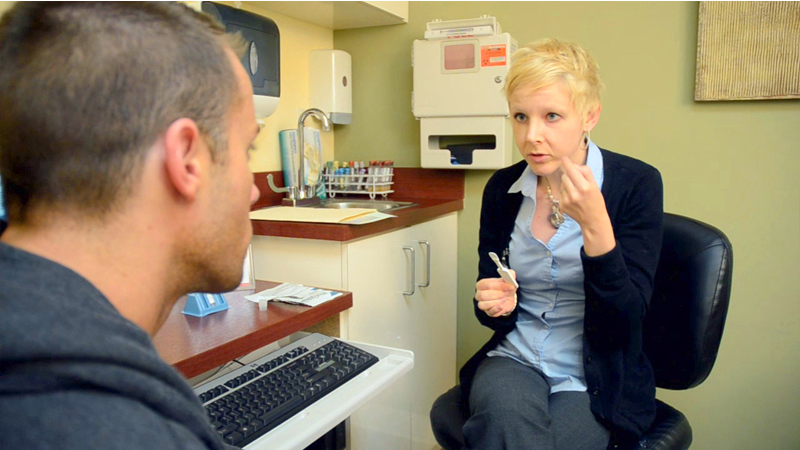Vitamin D – you get it from the sun and from certain foods in your diet, including fatty fish and fortified milk. However, the lifestyle of the industrial world isn’t enough to keep vitamin D levels where they need to be. Doctors aren’t seeing the symptoms of severe deficiency (i.e., rickets), but we are seeing chronically low levels across all age groups that increase the risk for a myriad of adverse health conditions.
Fact: All age groups across the industrialized world are deficient, but individuals aged 16-29 are more deficient.
What prevents natural intake and absorption of vitamin D? People eat more processed foods than ever before. If these foods aren’t fortified with the vitamin, then they may not get much of it. Whole foods like fatty fish, fish oil, eggs, and fortified milk help, but without regular dietary intake, they may not offer enough absorbable vitamin D to help people maintain healthy levels. You can also get vitamin D from the sun, but clothes, sunscreen, some medications, and your body makeup may prevent the healthy absorption and conversion in the body for use.
Fact: Many doctors look at vitamin D differently.
You could go to three different doctors and get three different recommendations. Some doctors don’t measure vitamin D levels regularly, and some use antiquated blood content measurements to guide their recommendations. In reality, almost everyone should take 10,000 IUs of vitamin D daily through supplements to maintain proper levels. In my years of practice, I’ve never seen someone with vitamin D toxicity from taking a daily supplement. You can find supplements at your local drugstore, a health store, or grocery store. Most vitamin D gel caps and liquid supplements are extremely affordable.
Fact: Vitamin D is considered a hormone in the medical world, not a nutrient, because it regulates many of our metabolic functions (the processes that keep us functioning at a chemical and cellular level).
This essential vitamin also reduces the risk of all fractures by 50%; reduces the risk of developing multiple sclerosis by 50-60%; reduces the risk of numerous cancers from breast to bone by 39-75%; and is helpful in the prevention and treatment of heart disease, stroke, diabetes, hypertension, pain, and arthritis, among other conditions. Vitamin D could be the most important supplement you add to your daily regimen for preventative care.







